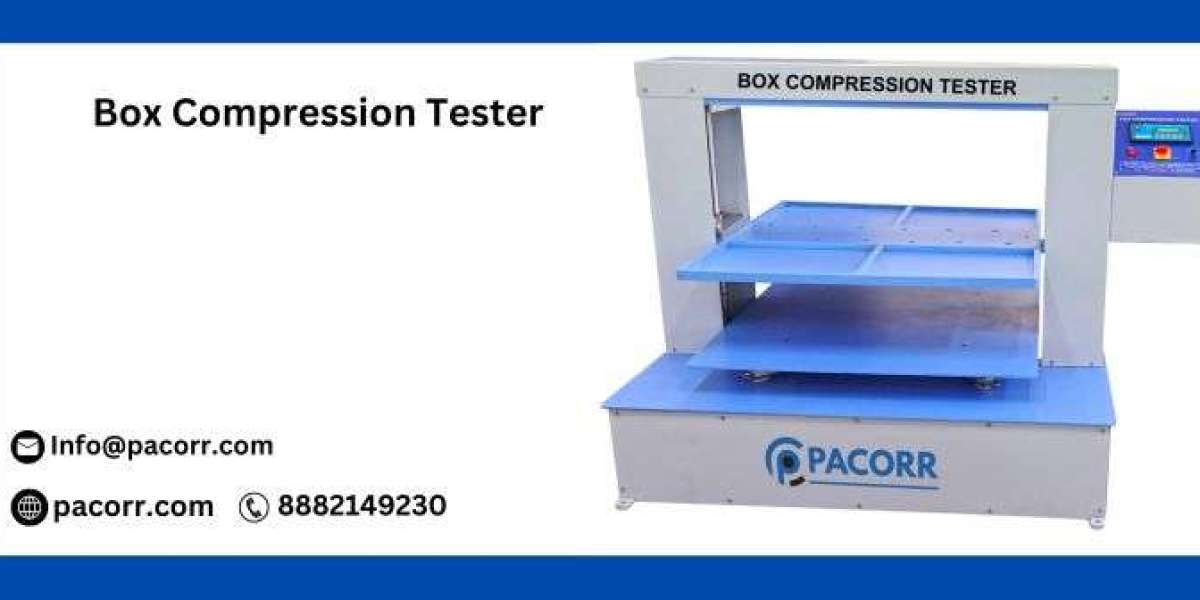Understanding Contrast Therapy
In the quest for optimal health and wellness, Contrast Therapy emerges as a powerful tool that combines hot and cold treatments to aid in relaxation, recovery, and injury prevention. Unlike a once-per-year luxury, this therapeutic technique can be a regular part of your wellness routine, providing substantial benefits that enhance your quality of life.
The Science Behind Contrast Therapy
Contrast therapy involves alternating between hot and cold treatments, typically through immersion in hot and cold water or the use of hot and cold packs. The contrasting temperatures trigger various physiological responses that contribute to overall health:
How It Works
Vasodilation and Vasoconstriction:
Hot treatments cause vasodilation, the widening of blood vessels, which increases blood flow and delivers more oxygen and nutrients to tissues.
Cold treatments cause vasoconstriction, the narrowing of blood vessels, which reduces inflammation and decreases muscle soreness.
Thermogenesis:
The body's exposure to cold triggers thermogenesis, the process of heat production, which can aid in fat burning and metabolism boosting.
Pain Relief and Muscle Recovery:
The combination of hot and cold treatments helps in pain relief and speeds up muscle recovery by reducing lactic acid buildup and inflammation.
Benefits of Contrast Therapy
Contrast therapy offers numerous benefits that can significantly improve your health and well-being:
Enhanced Circulation
The alternating temperatures promote better circulation, which can improve cardiovascular health and enhance the delivery of nutrients and oxygen to cells.
Reduced Muscle Soreness
Athletes and active individuals can benefit from contrast therapy's ability to reduce muscle soreness and accelerate recovery times. This is particularly useful after intense workouts or physical activity.
Pain Management
For those suffering from chronic pain or conditions like arthritis, contrast therapy can offer relief by reducing inflammation and promoting relaxation.
Stress Reduction
The soothing effects of hot treatments combined with the invigorating effects of cold treatments can help reduce stress levels, leading to improved mental health and overall well-being.
How to Incorporate Contrast Therapy into Your Routine
Integrating contrast therapy into your wellness routine can be simple and highly effective. Here are some practical ways to get started:
Home-Based Techniques
Hot and Cold Showers
Start your day with a hot shower, then switch to cold water for a minute. Alternate between hot and cold several times to experience the benefits of contrast therapy without the need for specialized equipment.
Hot and Cold Packs
Use hot and cold packs on specific areas of your body to target muscle soreness or pain. Apply a hot pack for a few minutes, followed by a cold pack, and repeat the process.
Professional Services
Spa Treatments
Many spas offer contrast therapy treatments, such as hot and cold plunge pools or saunas followed by ice baths. These services provide a more intense and controlled environment for contrast therapy.
Massage Therapy
Incorporating contrast therapy with massage can enhance the benefits of both treatments. Hot stones followed by cold compresses can provide deep relaxation and muscle recovery.
Contrast Therapy for Athletes
Athletes can particularly benefit from contrast therapy due to its ability to enhance recovery and performance. Here’s how:
Post-Workout Recovery
Contrast therapy helps in reducing muscle soreness and inflammation after intense training sessions, allowing athletes to recover faster and perform better.
Injury Prevention
Regular use of contrast therapy can strengthen muscles and improve circulation, reducing the risk of injuries.
Mental Focus
The stress-reducing benefits of contrast therapy can help athletes maintain mental focus and reduce performance anxiety.
Safety Considerations and Precautions
While contrast therapy is generally safe for most people, it’s essential to consider some precautions:
Health Conditions
Individuals with certain health conditions, such as cardiovascular issues, should consult a healthcare provider before starting contrast therapy. The rapid changes in temperature can affect heart rate and blood pressure.
Gradual Introduction
Start with milder temperature contrasts and gradually increase the intensity as your body adapts to the therapy.
Professional Guidance
Seeking guidance from a professional therapist can ensure that you are performing contrast therapy correctly and safely.
Conclusion
Contrast therapy is a versatile and effective method to enhance your health and well-being. By incorporating alternating hot and cold treatments into your routine, you can experience improved circulation, reduced muscle soreness, pain relief, and stress reduction. Whether through simple home-based techniques or professional services, contrast therapy offers a holistic approach to maintaining a healthy and active lifestyle.
Embrace the power of contrast therapy and make it a regular part of your wellness regimen. The benefits are substantial, and the practice is accessible to everyone. Start today and take a step towards revitalizing your health and achieving optimal well-being.









